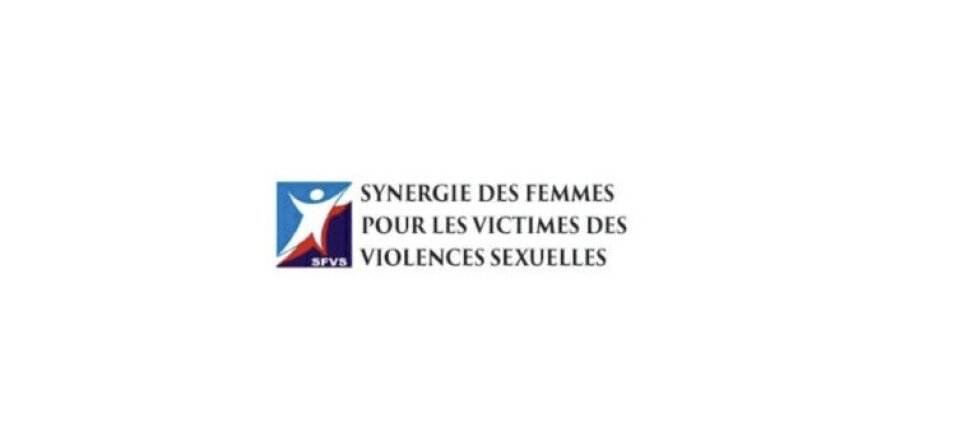Copyright : Re-publication of this article is authorised only in the following circumstances; the writer and Africa Legal are both recognised as the author and the website address www.africa-legal.com and original article link are back linked. Re-publication without both must be preauthorised by contacting editor@africa-legal.com
Calls for compensation for sexual violence victims in DRC

Sexual violence against women has been increasing in the Democratic Republic of the Congo (DRC) over the last 30 years, with the ongoing war driving this scourge. Frédéric Feruzi reports on new calls for compensation for these victims.
Cases of sexual violence are regularly reported in displaced persons' camps in the DRC and in other areas where the Congolese army is fighting the M23 rebels. According to the North Kivu provincial gender division, 50 195 cases of gender-based sexual violence were recorded in that province from January to December 2023. Of those, 51% were cases of rape and 9% of sexual assault, with 90% of the victims being women.
A number of activists and human rights organisations have been working tirelessly at various levels to discourage rapists and provide assistance to victims of these crimes. The Women's Synergy for Victims of Sexual Violence, which brings together 35 associations, claims to have assisted 18 000 victims of sexual violence in the DRC over the last 20 years.
One of those fighting for the rights of these victims is lawyer Paulette Dimandja, who works in courts and tribunals in the eastern provinces of North Kivu and Ituri which are particularly hard hit by war and sexual violence.
In her 14-year career as a lawyer and women’s rights activist, Dimandja says she has observed that compensation for damages is often awarded at the end of trials but is seldom paid. This is an unacceptable anomaly, she says, even though convicted rapists are generally imprisoned for up to 25 years.
These compensation amounts would help cover the costs of repairing the damage suffered by a raped woman, help to console the victim, and reintegrate her socially, especially as most victims come from poor families, explained Dimandja. She noted that poor victims don’t have the means to hire lawyers who can help them claim civil compensation after the trial, and the NGOs that accompany them often abandon them after the verdict.
Dimandja points out that, in the wake of numerous trials in which victims have not obtained civil compensation, many families are tempted to settle out of court with the rapists, in the hope of receiving some compensation at least, since the rapist’s imprisonment alone does not benefit them. She deplores this situation, as out-of-court settlements in cases of rape are forbidden by Congolese law, and such a settlement saves the rapist from having to go to court as no charges are laid.
The lawyer’s plea for victims to be compensated is part of the fight for the recognition of women’s rights in the DRC. Her aim is not only to restore the dignity of raped women by giving them access to justice, but also to give them a better chance of reintegrating into society. Dimandja also wants the Congolese state to take responsibility for the reparation costs when military- and police officers are convicted of sexual violence, as there are many such cases. According to her, these agents are in the service of the State until they are found guilty of sexual violence.
At the same time, Dimandja is also urging humanitarian organisations or other social actors to set up a fund to compensate victims of sexual violence who are raped by impoverished civilians who are unable to pay reparations to the victim. For her, the bottom line is that civil reparation costs must not remain theoretical compensation in Congolese courts and tribunals.
To join Africa Legal's mailing list please click here
